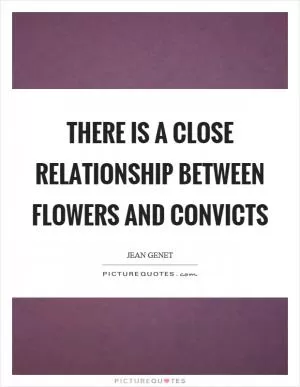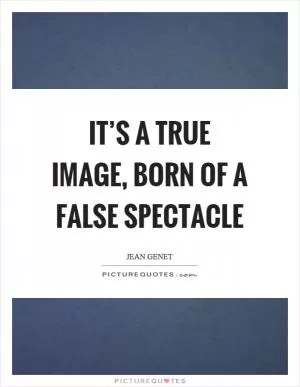Anyone who hasn't experienced the ecstasy of betrayal knows nothing about ecstasy at all

Anyone who hasn't experienced the ecstasy of betrayal knows nothing about ecstasy at all
Jean Genet, a French novelist, playwright, and poet, was no stranger to the themes of betrayal and ecstasy in his works. His writing often delved into the darker aspects of human nature, exploring the complexities of desire, power, and betrayal. In Genet's world, betrayal was not just a simple act of disloyalty, but a profound and transformative experience that could lead to moments of intense ecstasy.For Genet, betrayal was not just a betrayal of trust or loyalty, but a betrayal of the self. It was a breaking of boundaries, a shattering of illusions, and a liberation from the constraints of society and morality. In his novel "Our Lady of the Flowers," Genet explores the idea of betrayal as a form of self-discovery and self-realization. The protagonist, Divine, embraces betrayal as a means of asserting his own agency and autonomy, finding ecstasy in the act of defiance and rebellion.












 Friendship Quotes
Friendship Quotes Love Quotes
Love Quotes Life Quotes
Life Quotes Funny Quotes
Funny Quotes Motivational Quotes
Motivational Quotes Inspirational Quotes
Inspirational Quotes